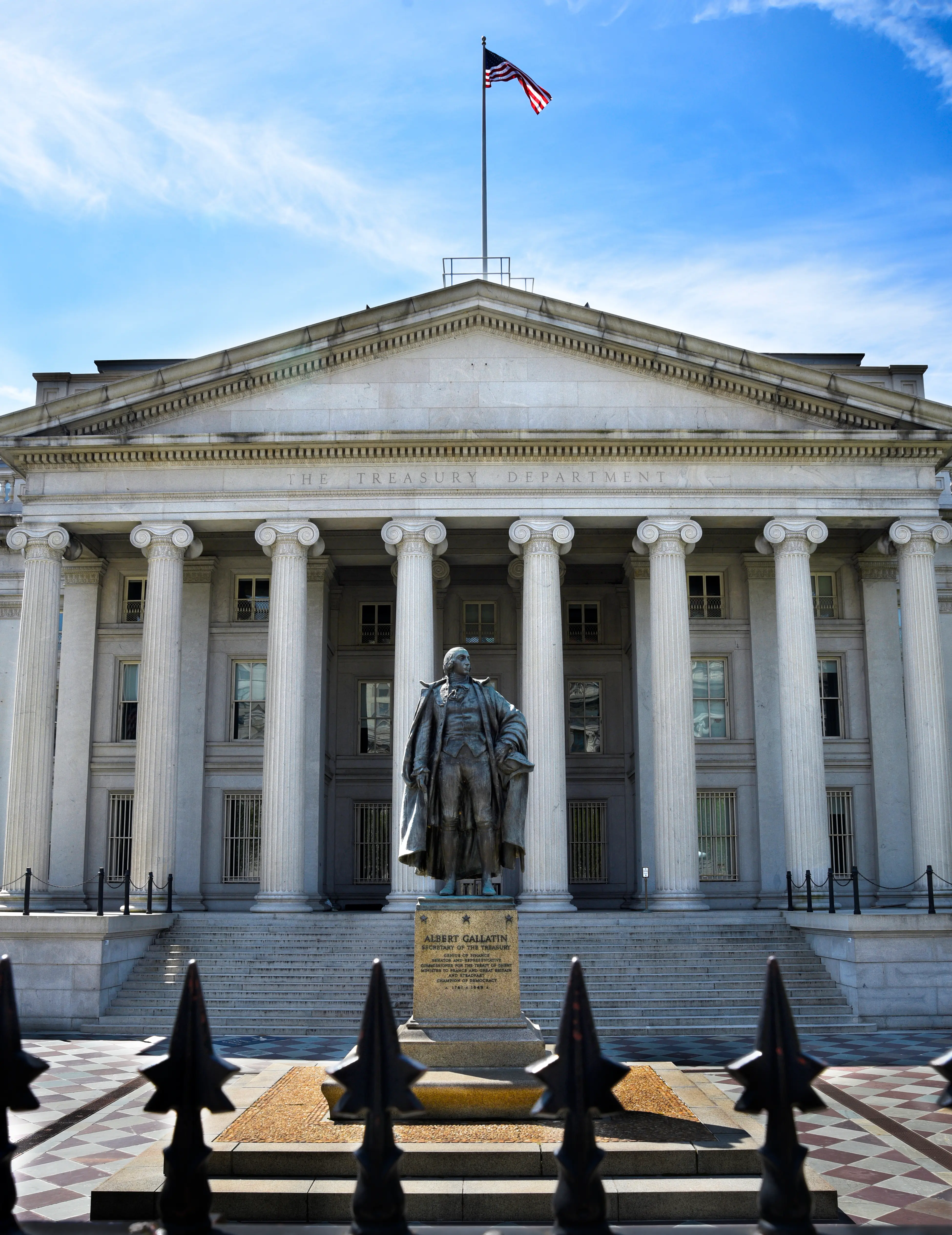El Makabelico’s alleged cartel ties put Mexican rapper in crosshairs of Treasury sanctions
-
 Masked rapper El Makabelico accused of laundering cartel cash through concerts and streams.
Masked rapper El Makabelico accused of laundering cartel cash through concerts and streams.Mexican hip‑hop phenomenon El Makabelico, born as Ricardo Hernández Medrano, just got thrust into the hard spotlight. U.S. Treasury officials rolled out sanctions this week, naming him as a suspected associate of the notorious Cartel del Noreste. The story is complicated and eyebrow‑raising: authorities allege he’s far more than just a rapper with catchy tracks and millions of online followers. His concerts and streaming royalties allegedly serve as money‑laundering channels for cartel cash.
In response, U.S. regulators blocked any of his U.S. holdings and forbade U.S. persons from doing business with him. For a Mexican rap star known for mask‑covered performances and chart‑topping singles like “El Sobrino,” it’s a fast track from stage to sanctions. And though “El Makabelico was sanctioned over his alleged ties to drug trafficking cartels” appears in all the headlines, the real narrative reveals how an artist might be entangled with narco‑networks.
Mexican rapper El Makabelico is accused of aiding a violent cartel through royalties and shows
U.S. Treasury’s Office of Foreign Assets Control (OFAC) announced the designation of three high‑ranking Cartel del Noreste members, along with one “prominent associate”, El Makabelico, as subject to Treasury sanctions. Per the official release, Hernández is being sanctioned as someone “owned, controlled, or directed by, or having acted or purported to act for or on behalf of, directly or indirectly,” the cartel.
The Treasury alleges his concerts and events function as money‑laundering fronts, while roughly 50 percent of his royalties from streaming platforms allegedly flow straight to CDN, expanding the cartel’s revenue stream beyond traditional drug trafficking and extortion. In other words, half his streaming income allegedly ends up in narco hands.
El Makabelico is known for masked performances and flashy songs like “El Two Six”. But according to Treasury, behind the persona lies a financial conduit benefiting Cartel del Noreste, one of Mexico’s most violent organizations and a U.S.-designated Foreign Terrorist Organization (FTO).
Once designated, all U.S.-based assets linked to Hernández are frozen, and U.S. persons are barred from transactions with him. Trent Bessent, the Treasury Secretary, emphasized that CDN “poisons Americans with fentanyl” and “conducts human smuggling along the southwest border,” framing the sanctions as part of a broader narco‑terrorism crackdown.
Neither Hernández nor DEL Records issued public statements in response, according to Axios and Reuters. In essence, the U.S. is treating El Makabelico not just as a performer but as a financial instrument of a criminal enterprise. By integrating a rapper into its anti‑cartel warfare, the Treasury is signaling that narco‑networks now exploit entertainment platforms to launder money.
Designating someone in the music business under the Foreign Narcotics Kingpin Designation Act (also tied to executive orders targeting terrorism and drug supply) isn’t common, but it’s exactly the mix that landed El Makabelico in the crosshairs.
As more details emerge, the case raises fresh questions: how often do entertainers serve illicit finance roles, and how will fans and streaming platforms respond to an artist whose royalties are accused of funding cartel operations?
TOPICS: El Makabelico